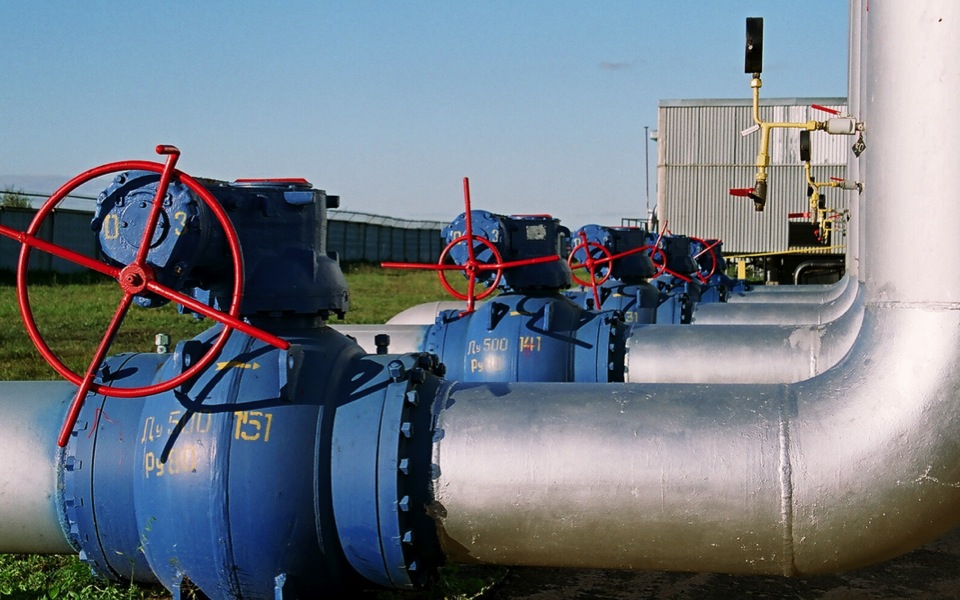EU countries seek to prolong bloc’s funding for gas projects, document shows

European Union countries will seek to prolong EU support for cross-border natural gas projects, a stance at odds with the European Commission’s plan to end such funding, according to a draft document.
The EU’s “TEN-E” rules define which cross-border energy projects can be labelled Projects of Common Interest (PCI), giving them access to certain EU funds and fast-tracked permits.
The EU is rewriting the rules in line with its climate change goals, as it seeks to reach zero net greenhouse gas emissions by 2050.
The Commission proposed new TEN-E rules in December, which excluded dedicated oil and gas infrastructure.
EU member states, who must approve the final rules, look set to challenge that position via a proposal drafted by Portugal.
The draft, seen by Reuters, said projects in Malta and Cyprus that currently have PCI status should retain it until those countries are fully connected to the European gas network.
That could help ensure the completion of Greece, Cyprus and Israel’s Eastmed pipeline to supply Europe with gas from the eastern Mediterranean. The countries aim to reach a final investment decision by 2022 and complete the project by 2025.
The proposal, due to be discussed by EU ambassadors next week, also said that until 2030 investments to retrofit gas pipelines to carry hydrogen should be allowed to continue carrying natural gas blended with hydrogen.
Portugal declined to comment. The PCI list is revised every two years.
Campaign group Global Witness said the rules should not support fossil fuels, and pointed to an International Energy Agency report this month that said investments in new fossil fuel supply projects must cease if the world wants to reach net zero emissions by 2050.
EU countries disagree on the role of gas in meeting green goals. Gas produces roughly half the CO2 emissions of coal when burned in power plants, but the fuel is not zero-carbon and gas infrastructure is associated with emissions of planet-warming methane.
[Reuters]





